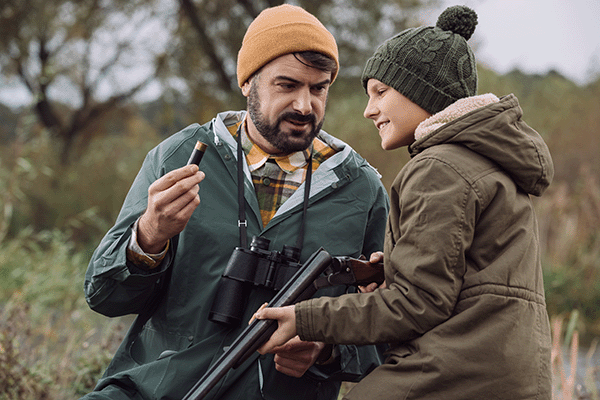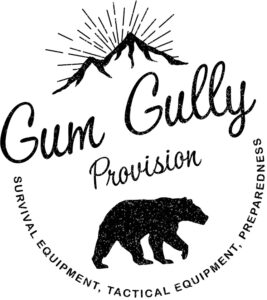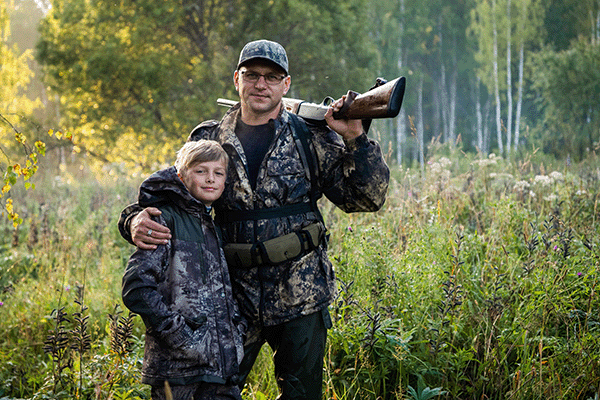
October’s Top 5 Activities for Hunters – October is a magical month for hunters and outdoor enthusiasts. The air turns crisp, the leaves burst with color, and the woods come alive with the sounds of wildlife preparing for winter. For those who revel in outdoor adventures, this time of year offers an array of activities that blend the thrill of the hunt with the serenity of nature. Whether you’re a seasoned hunter or a newcomer to the outdoor scene, there are plenty of ways to make the most of October’s offerings.
The Allure of October for Hunters
October stands out as one of the best months for hunting. It marks the beginning of several hunting seasons, providing a variety of game options. Deer, elk, and waterfowl are just a few examples of the species that become more active as they prepare for the colder months ahead. This increased activity makes October an ideal time for hunting enthusiasts to test their skills and fill their freezers.
Understanding the Importance of Timing
Timing is crucial when it comes to hunting. Wildlife behavior changes with the seasons, and October is no exception. Animals are more active during certain times of the day, often influenced by the weather and the availability of food. By understanding these patterns, hunters can increase their chances of success. Early mornings and late afternoons are typically the best times to hunt, as animals are more likely to be on the move during these periods.
Scouting and Preparing Your Hunting Area
Before heading out, it’s essential to scout your hunting area. This involves checking for signs of animal activity, such as tracks, droppings, and feeding areas. Trail cameras can be an invaluable tool in this process, providing real-time information about the movements of your target species. Proper preparation also includes ensuring that your gear is in good condition and that you have all the necessary permits and licenses.
The Thrill of Bow Hunting for Deer
Bow hunting for deer in October is an exhilarating experience. The rut, or mating season, is just beginning, making bucks more active and less cautious. This provides hunters with a unique opportunity to observe and engage with deer in their natural habitat. The challenge of bow hunting lies in the need for close-range shots, requiring a combination of stealth, patience, and precision.
The Challenge of Elk Hunting in the Rockies
For those seeking a more challenging adventure, elk hunting in the Rocky Mountains is a must. October is prime elk hunting season, as the animals are in the midst of their rut. The haunting bugle of a bull elk can be heard echoing through the mountains, adding an element of excitement to the hunt. Elk hunting requires physical endurance and knowledge of the terrain, making it a rewarding experience for those willing to put in the effort.
Waterfowl Hunting in Wetlands and Marshes
October is also a great time for waterfowl hunting. Ducks and geese are beginning their migration, providing hunters with ample opportunities to bag these birds. Wetlands and marshes are prime locations for waterfowl hunting, offering a diverse range of species. Successful waterfowl hunting requires a blend of decoy placement, calling techniques, and shooting skills.
Small Game Hunting for Beginners
For those new to hunting, small game hunting can be a great way to start. October offers the chance to hunt species like rabbits, squirrels, and grouse. These hunts are typically less demanding and can be a fun way to introduce beginners to the sport. Small game hunting also provides an opportunity to practice marksmanship and tracking skills.
The Joys of Upland Bird Hunting
Upland bird hunting in October is another enjoyable activity. Pheasants, quail, and grouse are common targets, and the thrill of flushing a bird from cover is hard to beat. This type of hunting often involves walking through fields and woods, making it a great way to enjoy the fall scenery. A well-trained bird dog can add to the experience, helping to locate and retrieve game.
Safety Tips for a Successful Hunt
Safety should always be a top priority when hunting. This includes wearing appropriate clothing, understanding firearm safety, and being aware of your surroundings. It’s also important to communicate with other members of your hunting party and to have a plan in place in case of emergencies. By following these safety tips, hunters can ensure a successful and enjoyable outing.
The Benefits of Hunting for Conservation
Hunting plays a vital role in conservation efforts. Regulated hunting helps to manage wildlife populations, ensuring that they remain healthy and balanced. License fees and taxes on hunting equipment also contribute to funding conservation programs and habitat restoration projects. By participating in hunting, individuals can support these important initiatives.
Connecting with Nature and Fellow Hunters
One of the greatest rewards of hunting is the opportunity to connect with nature and fellow hunters. Spending time in the great outdoors provides a sense of peace and tranquility, allowing individuals to disconnect from the stresses of daily life. Sharing the experience with friends and family can also create lasting memories and strengthen bonds.
The Culinary Delights of Wild Game
Finally, the culinary aspect of hunting should not be overlooked. Wild game offers a unique and delicious alternative to store-bought meat. Venison, elk, and waterfowl can be prepared in a variety of ways, from grilling to slow cooking. The satisfaction of enjoying a meal that you have harvested yourself adds an extra layer of appreciation for the hunting experience.
Conclusion – Elevate Your October Hunting Experience
October is a special time for hunters and outdoor enthusiasts. With a variety of activities to choose from, there is something for everyone to enjoy. Whether you prefer the challenge of bow hunting for deer, the excitement of waterfowl hunting, or the camaraderie of upland bird hunting, October offers endless opportunities for adventure. By understanding the importance of timing, preparing your hunting area, and prioritizing safety, you can make the most of this incredible season.
If you’re ready to take your hunting experience to the next level, consider exploring these activities and discovering new ways to connect with nature. Happy hunting!
Products:
12 Gauge Dragon’s Breath Shot Gun Ammunition
Videos:

